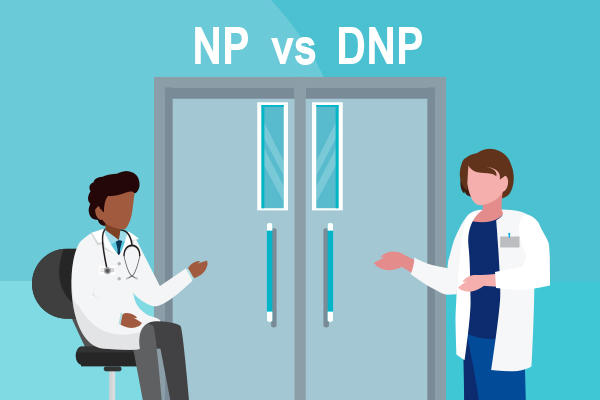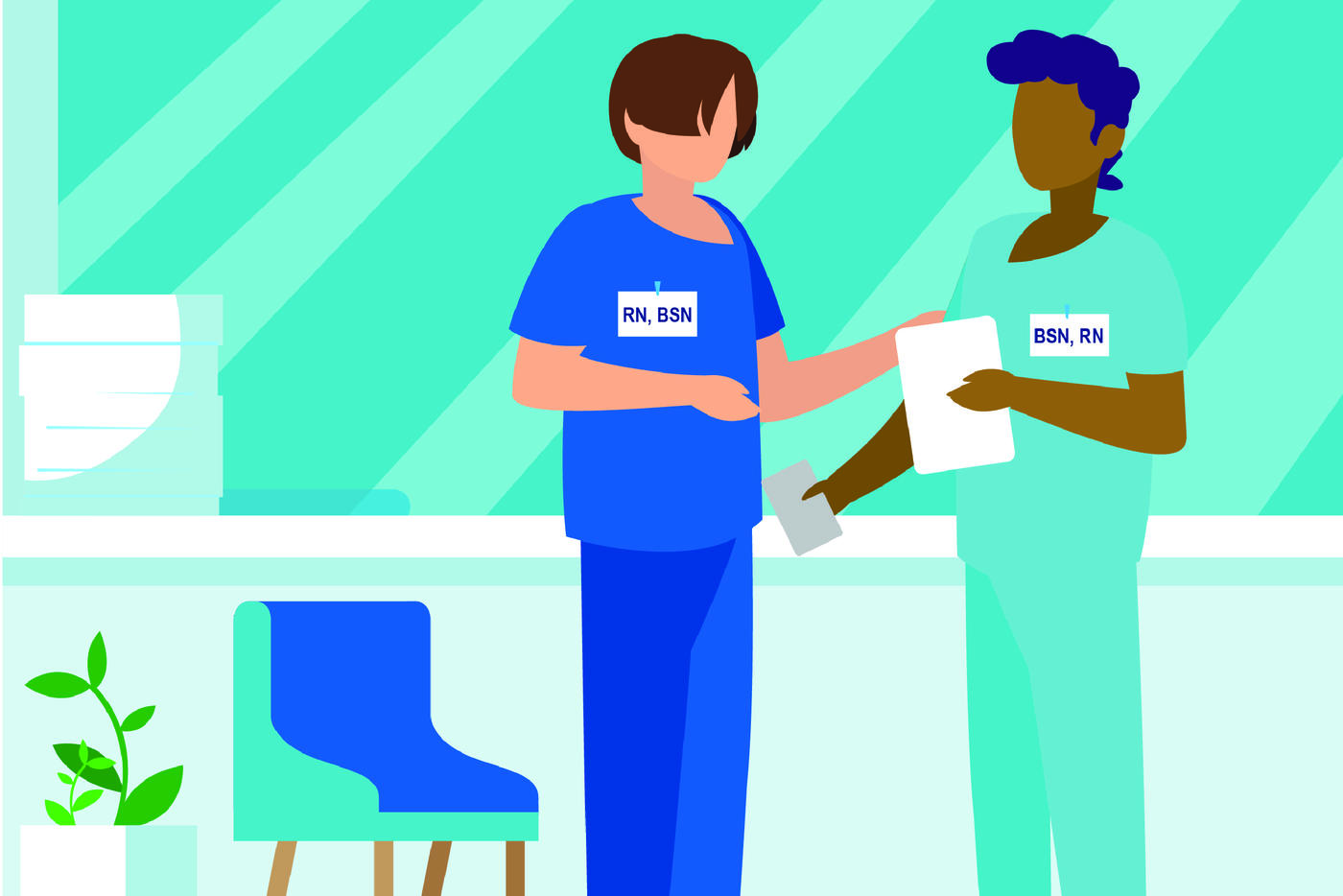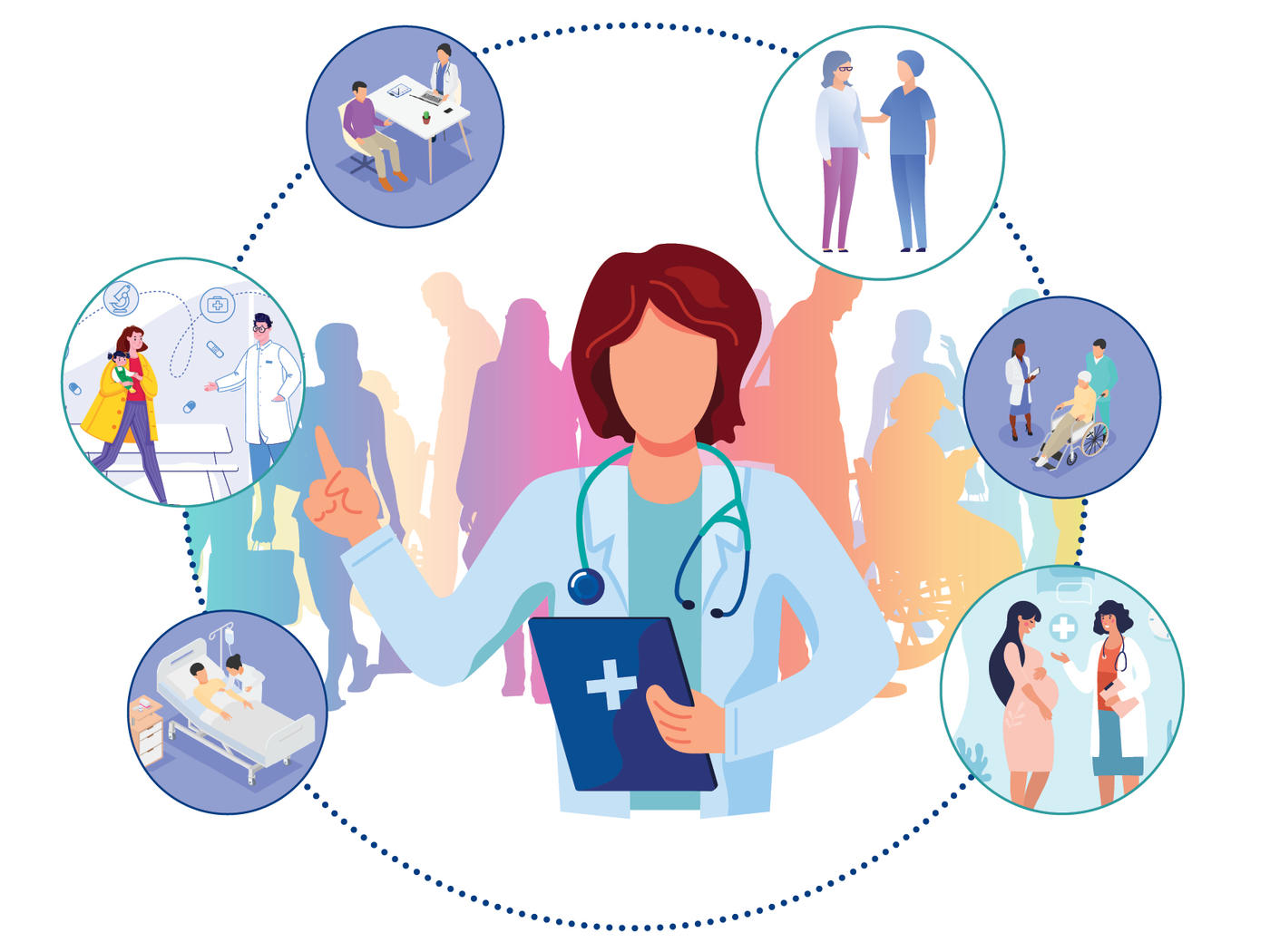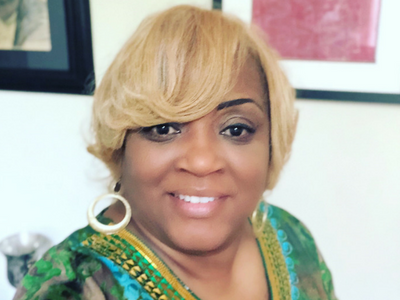Featured
Tags
Share
- Home / Blog / Nursing Today / Implicit Bias in Healthcare
Implicit Bias in Healthcare
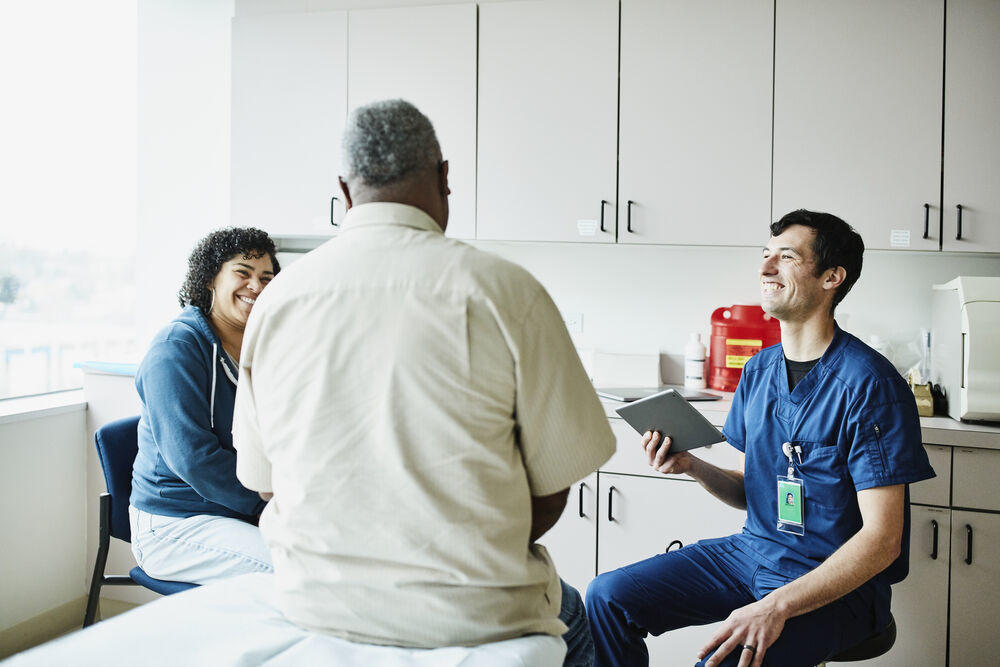
The best predictor of your health is your zip code. Hard to believe? Check out the Robert Wood Johnson Foundation’s life expectancy interactive to compare your zip code to others in the U.S.
Why does this disparity exist and what can be done? One factor is implicit bias. It’s imperative that healthcare institutions improve health equity so that all patients receive excellent healthcare treatment no matter their background.
What is Implicit Bias?
Exposure to stereotypes is unavoidable. Have you ever re-watched a movie or TV show you used to watch when you were young? If you did, you probably cringed a little when you now see the stereotypes on display.
Exposure to stereotypes like these from the media, video games or family and friends creates a hidden – and for the most part unconscious - bias favoring people who look like ourselves, and a distrust or negative attitude toward those who do not.
How Does Implicit Bias Affect Healthcare?
Dr. Sally Carlisle, DNP, MSN, RN, CNE, faculty development specialist at Chamberlain University, recently spoke at length about this in a webinar entitled “Implicit Bias & Patient Outcomes.” She pointed to the many years of research coming out of the Harvard implicit bias test which indicated that many of us carry these unconscious biases toward others. Such biases affect not only what we may feel about others, but in healthcare especially, they affect how we treat others in the healthcare environment.
Dr. Carlisle saw how the effects of implicit biases in the healthcare system – including misdiagnoses, lack of adequate medication guidance and the lack of carefully listening to and acting on minority patients’ health complaints – contributed to the loss of someone very close to her.
That’s the pernicious component of implicit biases: we don’t know we have them and the ways they affect our behavior can be very subtle. Outright racist acts, or explicit bias, are much easier to spot.

The Role of Stress in Implicit Biases
Relying on our stereotypes to guide our decisions and behavior is a way of taking a “mental shortcut” – the most likely avenue when we’re under stress. In stressful situations, we don’t take the time to stop and carefully think through our decisions, or even to stop and reflect on whether our decisions and actions might be affected by our stereotypes. This is why the problem is particularly important for healthcare workers to know about – who are very often working in stressful situations where quick decisions about patient care are needed.
As Dr Carlisle points out, when we allow our implicit biases to guide our healthcare decisions we don’t provide the help we should.
What Can We Do About Implicit Bias?
Beyond just taking the implicit bias test, Dr. Carlisle has suggestions for what we can do to address the program at the micro (individual) level, as well as the meso (team) and macro (organizational) levels.
Below is an interactive presentation that includes audio, video and links to helpful resources on this topic.
We encourage you to click on the question marks in this presentation to learn more about implicit bias.
Leadership Interventions to Address the Effects of Implicit Bias
One of the suggestions made by Dr. Carlisle involves taking time to better understand and appreciate the lives of those who are often victims of bias. Take the time to listen to others. Pause and ask questions. Let's not pretend biases don't exist. Be aware of times when assumptions made are based on race. Take time to learn about others through research and personal interactions. Everyone can become more self-aware and though this, improve healthcare for all.
Related Posts
Diversity and Inclusion – How Do They Relate to Healthcare?
Johnnie Jackson Turns Racist Words and Actions into Ways to Strengthen His Character
By Michael Britt
More from Nursing Today
Request More Information
To receive the Chamberlain University Program Guide, including associated career paths, please select a program of study.




